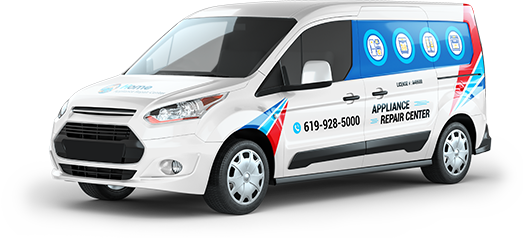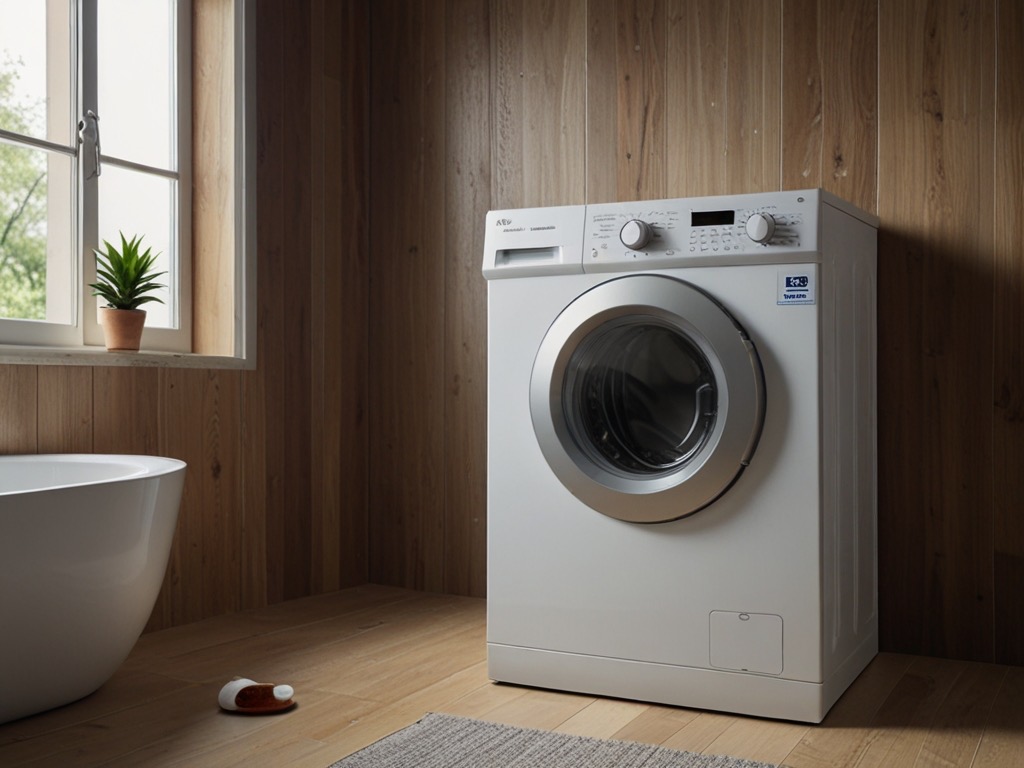The drainage system in your washing machine is one of the most crucial components for proper functionality. When working correctly, it efficiently removes wastewater, allowing your laundry cycle to proceed smoothly. However, when there’s damage to the drainage system or the drainage pump, it can lead to significant issues, affecting your machine’s performance and the cleanliness of your clothes.
In this article, we’ll explore how the drainage system and pump work, common signs of damage, the causes behind these issues, and what to do when you encounter such problems.
How the Drainage System Works
A washing machine’s drainage system is responsible for removing wastewater from the machine after each wash cycle. The process starts when the drain pump activates, drawing water from the drum and pushing it out through the drain hose. The water then flows into your home’s plumbing system. This process ensures that the machine is free of water before moving on to the next cycle, such as rinsing or spinning.
The drain pump is an essential part of this process. Without it, the washing machine wouldn’t be able to clear water, leaving your clothes drenched and the machine prone to malfunctions.
Signs of Drainage System or Pump Damage
Damage to the drainage system or pump is often noticeable through specific symptoms. If you observe any of the following signs, your washing machine’s drainage system or pump may need attention:
- Water Fails to Drain
If your washing machine is not draining water after a wash cycle, this is the most obvious sign of a drainage issue. This may indicate a blocked drain hose, a faulty drain pump, or clogs elsewhere in the drainage system.
⠀
- Error Codes Displayed on the Machine
Many modern washing machines come with digital displays that indicate specific error codes. If your machine flashes a drainage error code, it could point to an obstruction or malfunction in the drainage system or pump.
⠀
- Unusual Noises During Drainage
A properly functioning drain pump should operate smoothly with minimal noise. However, if you hear grinding, clicking, or other unusual sounds, this could be a sign of a damaged or failing pump.
⠀
- Leaking Water
Water leaking from your washing machine could be due to a crack or rupture in the drainage hose or a pump that is no longer sealed correctly. Leaks can cause water to pool around the base of the machine, leading to more severe damage if not addressed.
⠀
- Clothes Remain Wet After Spin Cycle
If your clothes are coming out wetter than usual after the spin cycle, this could be an indicator that the drainage system is not properly removing water from the drum.
⠀
- Foul Odor
Stagnant water from poor drainage can create unpleasant odors inside the washing machine. A malfunctioning drainage system often leaves behind water that doesn’t completely exit the machine, resulting in a buildup of mold or mildew.
⠀
Common Causes of Drainage System or Pump Damage
⠀
There are several reasons why your washing machine’s drainage system or pump could fail. Some of the most common causes include:
⠀
- Blockages
Foreign objects such as coins, buttons, or even fabric lint can make their way into the washing machine and block the drain hose or pump. When the water cannot flow freely through the system, it can create pressure and cause damage.
⠀
- Worn-out Pump
Like any mechanical part, the drain pump can wear out over time due to regular use. Washing machines that are frequently used, especially in households with large families, may experience faster wear and tear on the pump, leading to failure.
⠀
- Clogged Filters
Some washing machines have drainage filters that capture lint and debris before the water exits. When these filters are clogged, they can restrict water flow, causing the pump to overwork and eventually malfunction.
⠀
- Damaged or Misaligned Hose
The drain hose can become bent, cracked, or detached over time. If it is not properly aligned or if it becomes pinched, water may not be able to pass through, leading to drainage issues.
⠀
- Electrical Problems
Since the pump operates using electrical components, any wiring issues or power surges can result in pump failure. Electrical malfunctions might cause the pump to stop working altogether, leaving water in the drum.
⠀
Why It’s Essential to Address Drainage Problems Quickly
⠀
If left untreated, a damaged drainage system or pump can cause extensive damage to your washing machine and home. Water leaks can lead to mold growth, which poses health risks to you and your family. Additionally, failing to drain the machine properly can shorten its lifespan, leading to costly repairs or the need for a full replacement.
⠀
Taking immediate action when you notice drainage issues can save you time, money, and frustration.
⠀
Repairing or Replacing the Drainage System or Pump
⠀
When you experience problems with the drainage system or pump, it’s vital to consult professionals. Attempting a DIY repair can sometimes lead to further complications if you don’t have the right expertise or tools. An experienced technician can quickly diagnose the issue, whether it’s a blockage, a worn-out pump, or a damaged hose.
⠀
In some cases, the pump may need to be replaced. Most drainage pumps are affordable and relatively easy to replace for a skilled technician. Ensuring the correct installation and testing is essential to avoid future issues.
Trust Home Appliance Service Center for Reliable Repairs
If your washing machine is showing signs of drainage system or pump damage, don’t wait until the problem worsens. At Home Appliance Service Center, we specialize in diagnosing and repairing all types of washing machine issues. Our team of trained professionals will have your machine up and running again in no time.
⠀
Call us today for expert repairs that restore the full functionality of your washing machine. Don’t let a small issue turn into a costly problem – contact Home Appliance Service Center and keep your appliance in top condition.
⠀
Contact us
 619-928-5000
619-928-5000  Request Service
Request Service 
